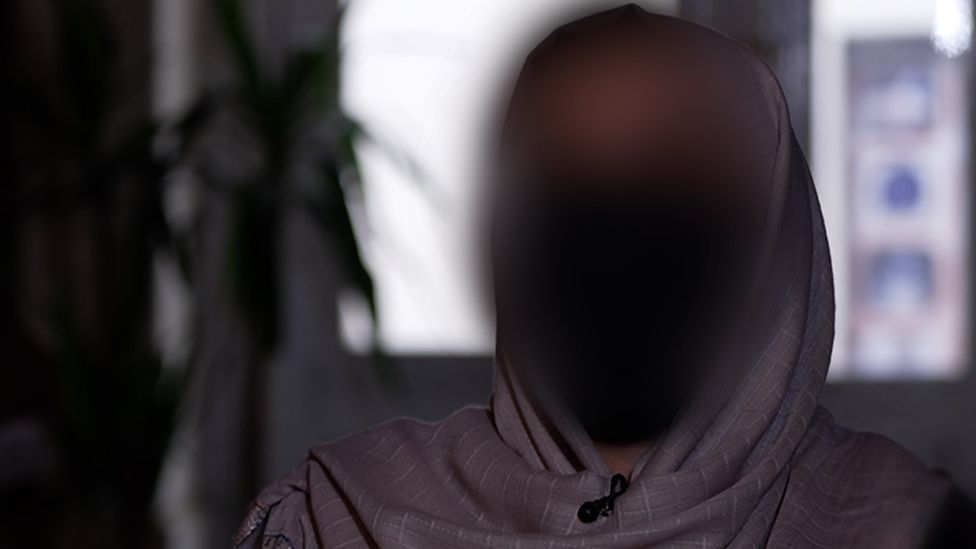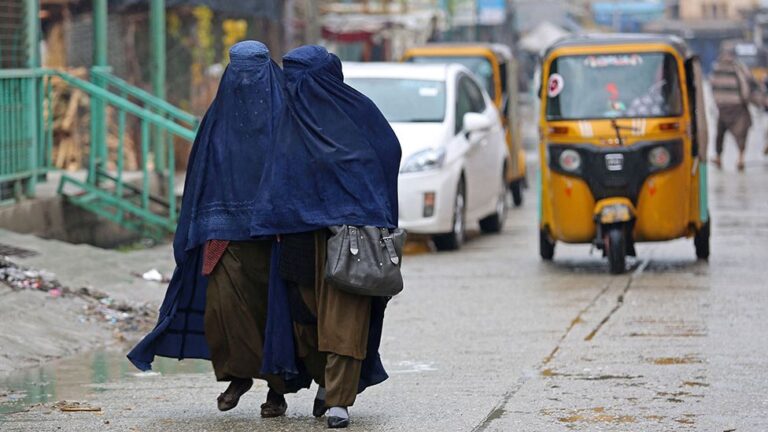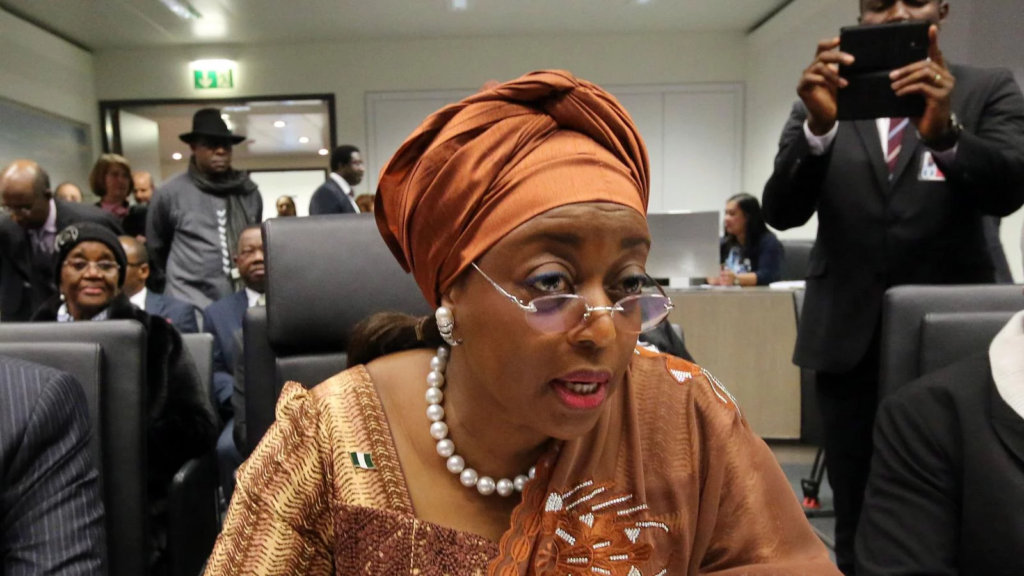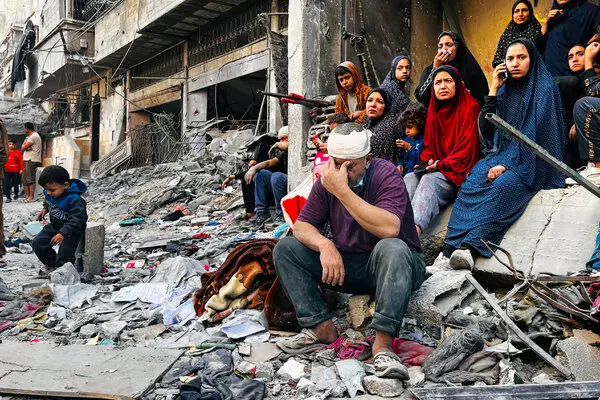“I just want someone to hear my voice. I’m in pain, and I’m not the only one,” an Afghan university student tells us, blinking back tears.
“Most of the girls in my class have had suicidal thoughts. We are all suffering from depression and anxiety. We have no hope.”
The young woman, in her early twenties, tried to end her own life four months ago, after female students were barred from attending university by the Taliban government in December last year. She is now being treated by a psychologist.
Her words offer an insight into a less visible yet urgent health crisis facing Afghanistan.
“When you read the news, you read about the hunger crisis, but no-one talks about mental health. It’s like people are being slowly poisoned. Day by day, they’re losing hope.”
In Afghanistan’s deeply patriarchal society, one worn out by four decades of war, the UN estimates that one in two people – most of them women – suffered from psychological distress even before the Taliban takeover in 2021. But experts have told the BBC that things are now worse than ever before because of the Taliban government’s clampdown on women’s freedoms, and the economic crisis in the country.
It’s extremely hard to get people to talk about suicide, but six families have agreed to tell us their stories.
Nadir is one of them. He tells us his daughter took her own life on the first day of the new school term in March this year.
“Until that day, she had believed that schools would eventually reopen for girls. She had been sure of it. But when that didn’t happen, she couldn’t cope and took her own life,” he says. “She loved school. She was smart, thoughtful and wanted to study and serve our country. When they closed schools, she became extremely distressed and would cry a lot.”
“Our life has been destroyed. Nothing means anything to me anymore. I’m at the lowest I’ve ever been. My wife is very disturbed. She can’t bear to be in our home where our daughter died.”
We have connected his family and others quoted in this piece to a mental health professional.

The father of a woman in her early twenties told us what he believes was the reason behind his daughter’s suicide.
“She wanted to become a doctor. When schools were closed, she was distressed and upset,” he says.
“But it was after she wasn’t allowed to sit for the university entrance exam, that’s when she lost all hope. It’s an unbearable loss,” he adds, then pauses abruptly and begins to cry.
The other stories we hear are similar – girls and young women unable to cope with their lives, and futures coming to a grinding halt.
We speak to a teacher, Meher, who tells us she has tried to take her own life twice.
“The Taliban closed universities for women, so I lost my job. I used to be the breadwinner of my family. And now I can’t bear the expenses. That really affected me,” she says. “Because I was forced to stay at home, I was being pressured to get married. All the plans I had for my future were shattered. I felt totally disoriented, with no goals or hope, and that’s why I tried to end my life.”
We started looking into this crisis because we saw multiple articles in local news portals reporting suicides from different parts of the country.
BBC



























